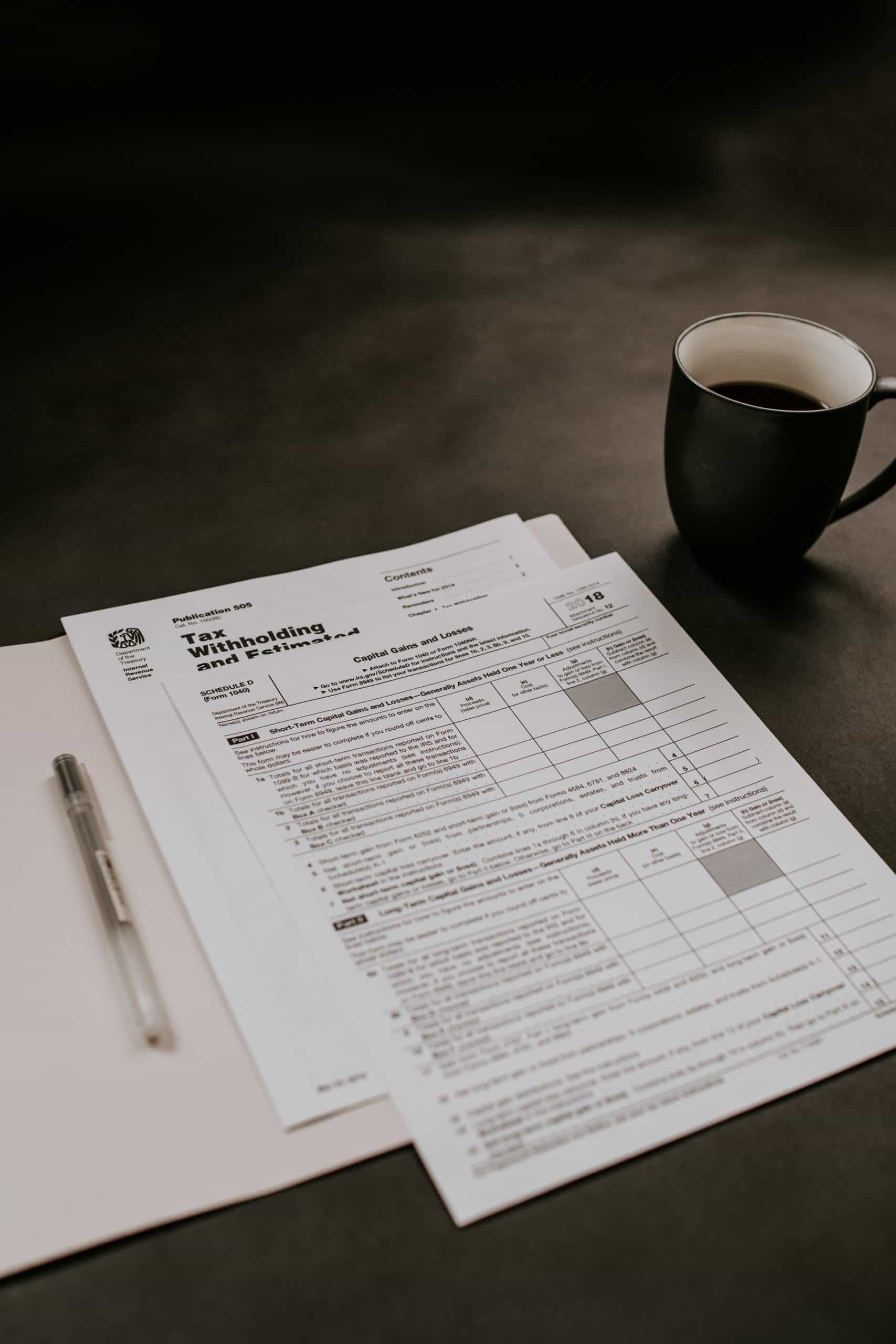Are you prepared to file your 2021 tax return? Whether you’re filing taxes yourself or hiring a professional to do it for you, you’ll need specific information and records to complete your return. Our handy checklist below can help you get started.
Gather Your Records
By this time in February, you’ll likely have all of your 2020 tax documents and you’re ready to file your individual tax return. Have the following information and documents in hand before you file.
Personal information
- 2019 federal tax return
- 2019 state tax return, if applicable
- Your Social Security Number (SSN) as well as Social Security Numbers of your spouse and any dependents
- Your date of birth and dates of birth of your spouse and any dependents
- Individual Taxpayer Identification Number (ITIN) if you do not have a Social Security Number
- Bank account number and routing number if you are depositing your refund directly into your account
Income information
- Forms W-2 from employers
- Forms 1099
- 1099-MISC for any independent contractor work
- 1099-G for unemployment income or state/local tax refunds
- 1099-R for payments/distributions from IRAs or retirement plans
- SSA-1099 for Social Security benefits received
- 1099-INT, -DIV, -B, or K-1s for investment or interest income
- 1099-C for cancellation of debt
- 1099-S for income from sale of a property
- Other income documents and records
- Alimony received
- Miscellaneous income such as scholarships, income from the gig economy, rental property income, refund interest, etc.
- Records of estimated tax payments made throughout 2020
Deductions and credits
Deductions
- Retirement account contributions
- Educational expenses
- Medical and dental expenses
- Child care costs
- Mortgage interest and property taxes
- State and local taxes
- Charitable donations
- Home business expenses
Credits
- American Opportunity and Lifetime Learning credits
- Child Tax Credit
- Retirement savings contributions credit, or Saver’s Credit

Keep Important Tax Deadlines in Mind
Dates and deadlines were a little different in 2020 due to the COVID-19 pandemic. However, so far the dates for the 2021 tax season seem to be back on track. Keep these important dates in mind when preparing to file your taxes.
Past deadlines
- January 15, 2021 Fourth-quarter estimated tax payment for 2020 is due
- January 31, 2021: W-2s are due to recipients from employers
- February 1, 2021: Forms 1099-MISC and 1099-NEC are due to recipients from employers
Upcoming deadlines
- April 15, 2021: TAX DAY
-
- Deadline to file individual tax returns for tax year 2020 using Form 1040
- Deadline to request an automatic six month extension to file your return using Form 4868
- First-quarter estimated tax payment for 2021 is due
- June 15, 2021: Second-quarter estimated tax payment for 2021 is due
- September 15, 2021: Third-quarter estimated tax payment for 2021 is due
- October 15: 2021: Final extended deadline to file individual tax returns for tax year 2020 IF you initially filed Form 4868
- January 15, 2022: Fourth-quarter estimated tax payment for 2021 is due

Question: What if I miss a deadline?
The best thing you can do is file your return as soon as possible and pay any owed taxes as soon as you can. Expect to pay financial penalties if you miss a deadline, too. The penalty for not filing by the due date or extended due date is generally 5% of the unpaid tax for each month that it’s late, up to 25% maximum.
Keep Important Retirement Dates in Mind
If you’re still working, remember to review your contribution limits and deadlines for 2020.
- April 15, 2021: Deadline to open an IRA or make IRA contributions for the 2020 tax year, even if you’ve gotten a six month extension to file your return
- 2020 IRA standard contribution limit: $6,000 per taxpayer
- 2020 IRA catch-up contribution limit (if you’re age 50 or older): $7,000 per taxpayer
Question: Which IRA contributions are tax-deductible?
Roth IRA contributions are not tax-deductible, but that’s because of the way Roth IRAs work, and one of their many benefits. A Roth IRA gives you more control over your taxes and allows you to take tax-free withdrawals when you’re retired.
In general, traditional IRA contributions can be deducted on your taxes, even if you’re not itemizing deductions. However, if you or your spouse uses a workplace retirement plan like a 401(k), you may not be able to deduct your full contribution.
A Financial Advisor Can Help with Your Taxes
For more resources on preparing for your taxes, take a look at these blog posts:
- 5 Mistakes Clients Make on Their Taxes
- All About Taxes in Retirement
- What You Need to Know About the SECURE Act
Tax Day is just once a year, but with a financial advisor at your side you can craft a year-round tax strategy that makes the most of your money now and in retirement. Contact the Guiding Wealth team to schedule a free 30-minute consultation. We’re ready to help.

